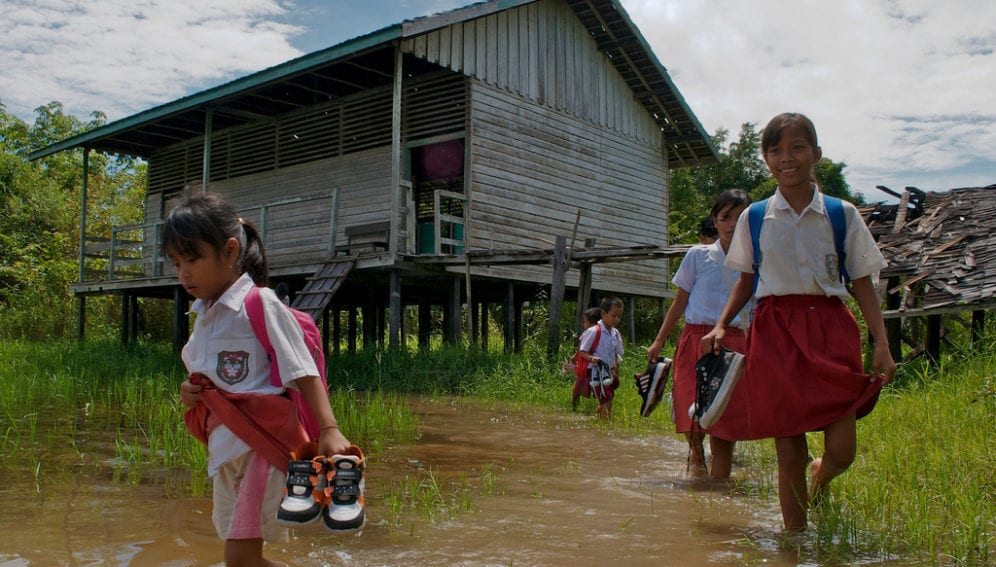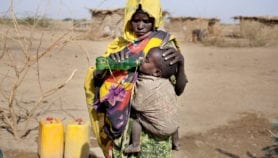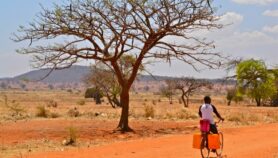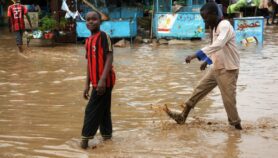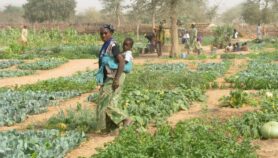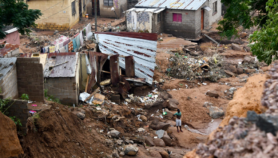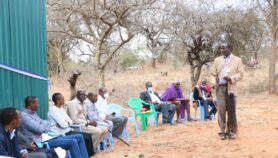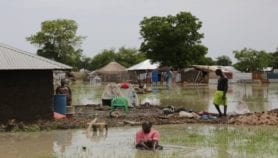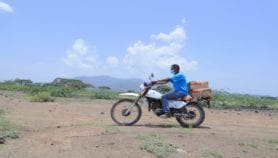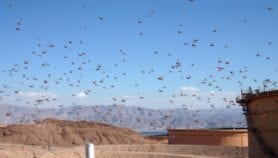Send to a friend
The details you provide on this page will not be used to send unsolicited email, and will not be sold to a 3rd party. See privacy policy.
[CAPE TOWN] Human activities impact has been associated with climate change-induced floods that occurred in Okavango river basin in southern Africa between 2009 and 2011, according to a modelling study.
The Okavango, a wetland in an arid environment, is a major tourism revenue earner in Angola, Botswana and Namibia.
The researchers from Botswana, South Africa, and the United States who undertook the study say the floods which reached levels last observed 20-30 years ago coincided with similar damaging disasters elsewhere, thus motivating them to assess the impact of climate change on the floods.
They used two climate models to predict how floods would change under two different climatic conditions— one with greenhouse gases resulting from climate change and the other without the gases.
“Greenhouse gases cause temperatures [in the Okavango] to warm quite a bit without any substantial change in rainfall, so the temperature effect becomes important.”
Dáithí Stone, Lawrence Berkeley National Laboratory, United States
According to the study published in the Journal of Hydrology last month (16 April), human activities increased the amount of greenhouse gases in the atmosphere leading to the planet warming over the past century, thus affecting the Okavango.
“The probability of occurrence of high floods during 2009-2011 in the current climate is likely lower than it would have been in a climate without anthropogenic [human-induced] greenhouse gases,” the researchers note in the journal.
Study co-author, Dáithí Stone from the US-based Lawrence Berkeley National Laboratory, says changes in temperature and rainfall could affect the amount of water entering the Okavango.
“Because the temperature over this region does not change much from year to year, we are used to thinking of rainfall as being the only important factor,” Stone tellsSciDev.Net. “But it ends up, according to our calculations, that greenhouse gases cause temperatures [in the Okavango] to warm quite a bit without any substantial change in rainfall, so the temperature effect becomes important.”
Piotr Wolski, the study's lead author and a climate systems analyst from the University of Cape Town, South Africa, explains that human activities such as developing water resources could break the ecological linkages between the delta and the surrounding Kalahari desert and neighbouring wetland ecosystems.
Wolski, however, warns against using only the results from the Okavango without adding much broader climate change information from other studies.
“As much as we believe in the robustness and quality of our results, we also trust that informed policy making should not be a knee-jerk reaction to an individual study,” advises Wolski.
But Jennifer Fitchett, climate change researcher at Witwatersrand University in South Africa, questions the reliability of the data drawn from short periods such as three years as referred to in the study.
“It’s fairly difficult to say how accurate such a model would be,” Fitchett tells SciDev.Net.
Link to abstract in Journal of Hydrology
This article has been produced by SciDev.Net's Sub-Saharan Africa desk.


